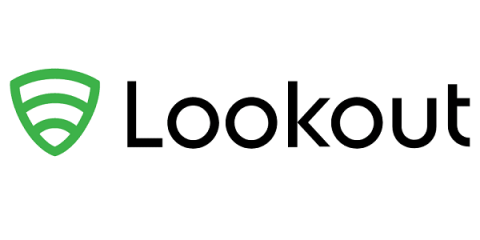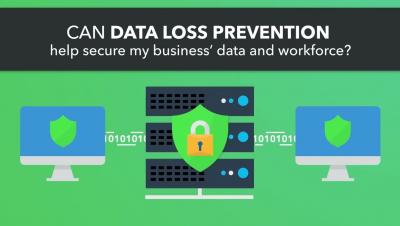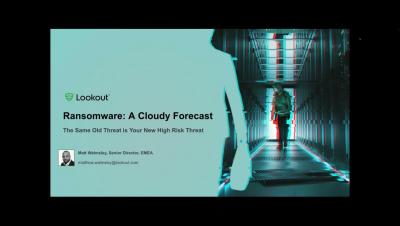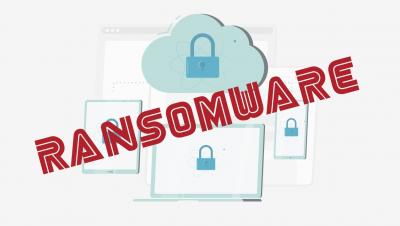Data Security and Compliance in Fintech
When a leading financial technology provider began posting record success and rapid customer growth, it needed a holistic security strategy to protect its customer data and comply with regulations such as the Payment Card Industry Data Security Standard (PCI DSS) and the California Consumer Privacy Act (CCPA).





